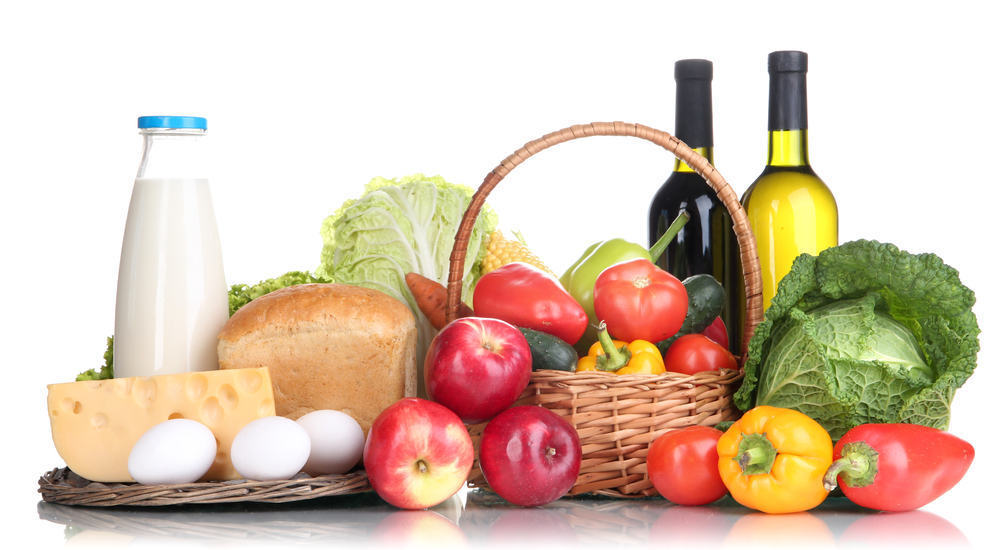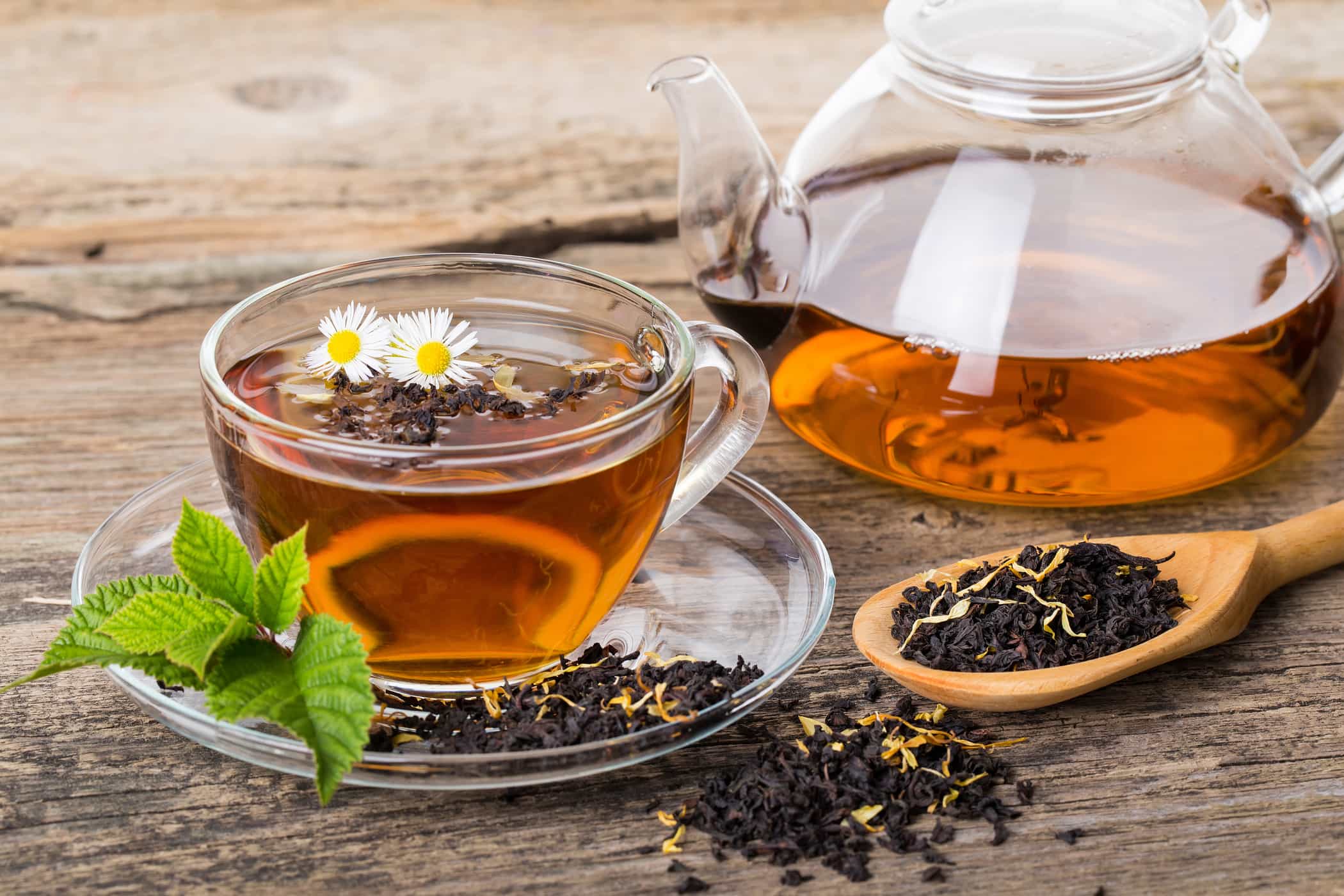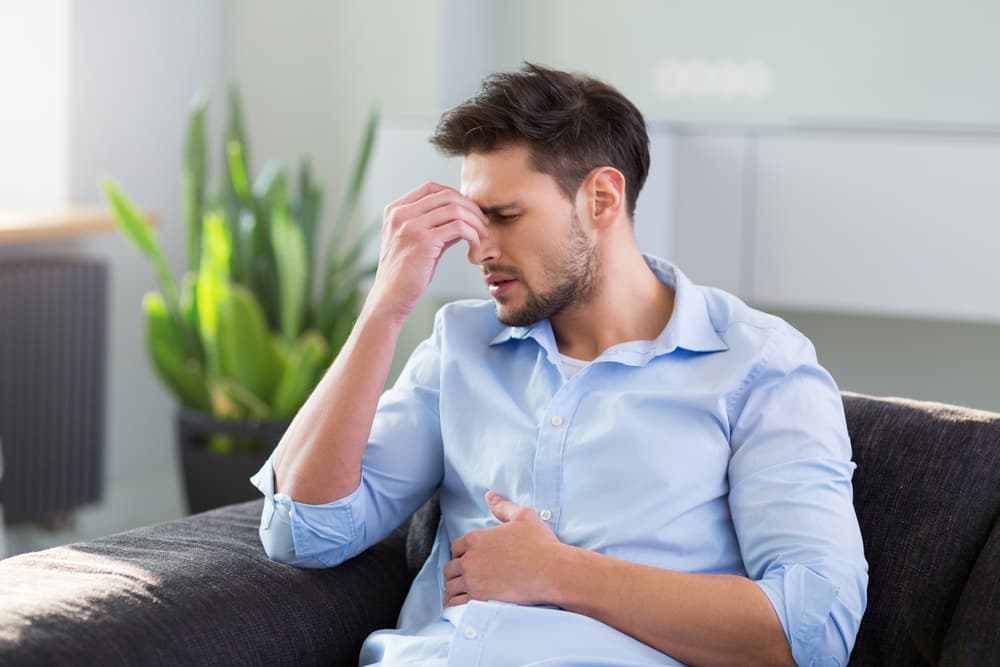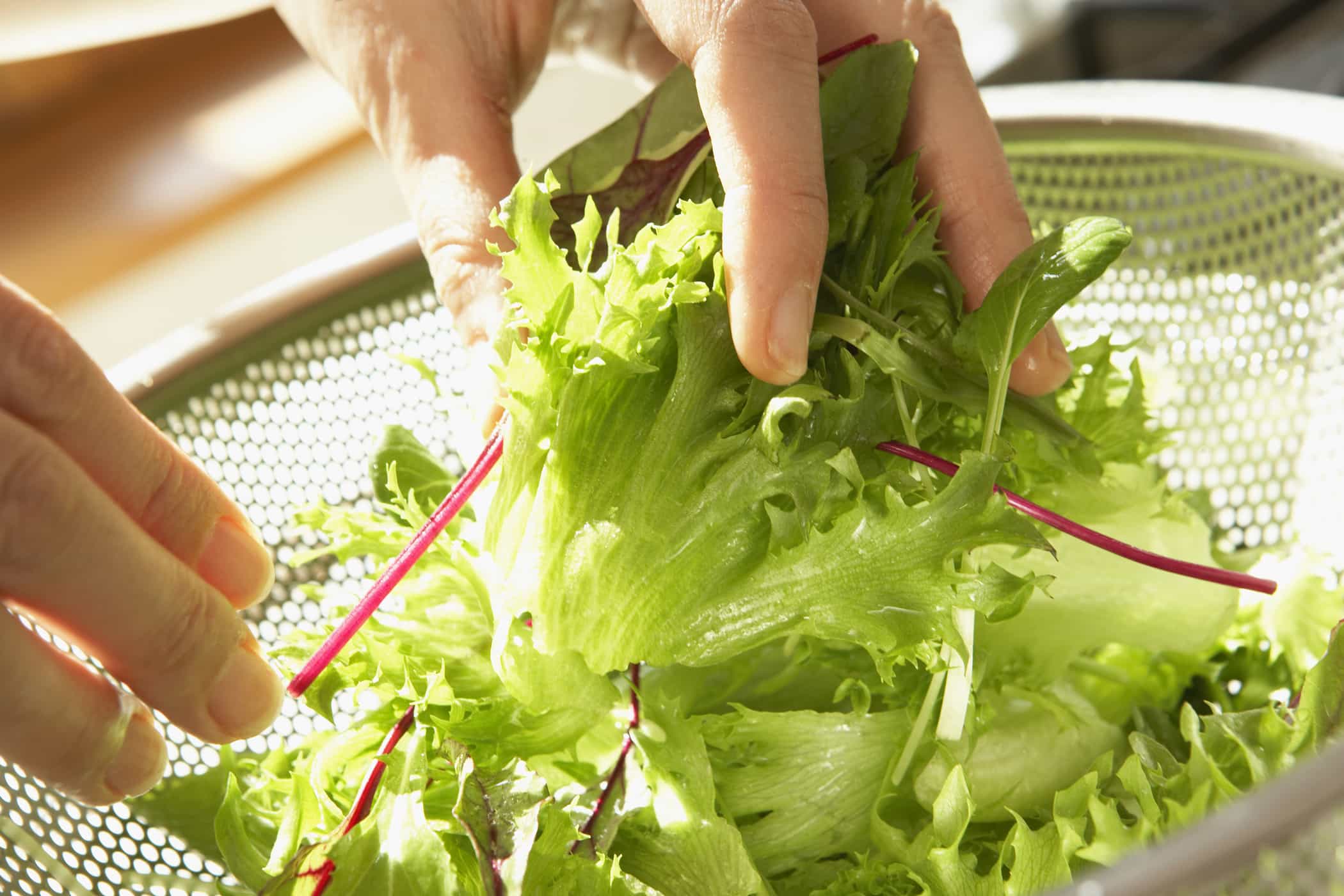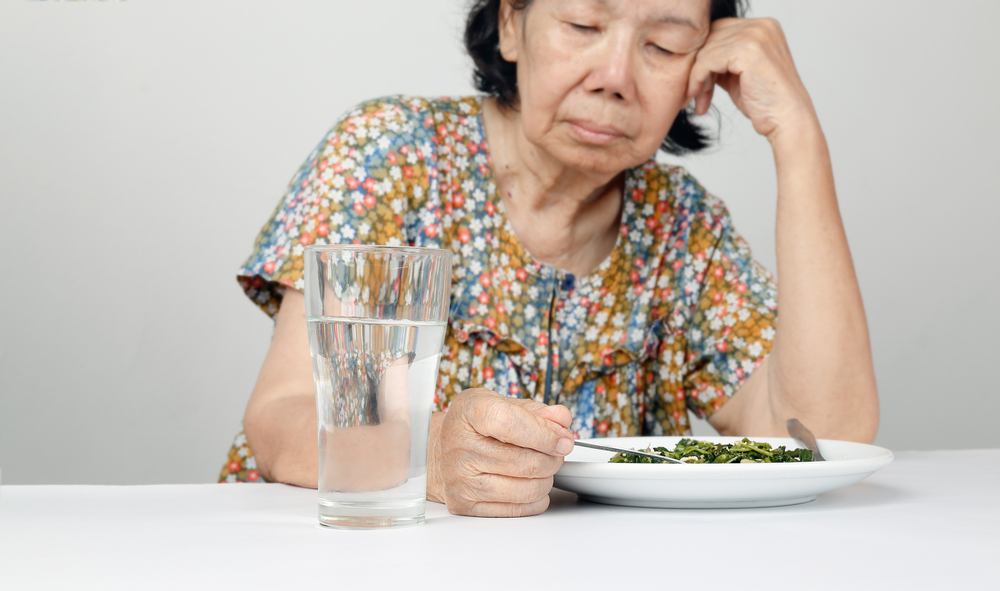Contents:
- Medical Video: Food for the Fight - Nutrition Advice for Cancer Patients
- What are the roles of the heart?
- How do you make a healthy diet plan for liver cancer?
- Fruit and vegetables
- Whole grains
- Protein
- Fat
- Fluid
- Vitamins and supplements
Medical Video: Food for the Fight - Nutrition Advice for Cancer Patients
Treatment of liver cancer often brings many unwanted side effects, such as feeling nauseous and tasteless when tasting food. This condition certainly inhibits the intake of nutrients in a healthy diet. However, you cannot give up. Keep motivated and arrange a healthy diet plan to help you maintain healthy liver. Here are some tips for planning a healthy diet that you can try.
What are the roles of the heart?
Before planning a healthy diet, let us first understand the role of the liver in the body. The liver is a vital organ that helps the body to digest food, cleanse the blood of harmful poisons, and store energy in the form of sugar as a backup. The liver is responsible for producing bile that is needed in your digestive process.
If you have liver cancer, your liver function will be disrupted. This has a negative effect on the health of the body. The best way to slow down this adverse effect is to plan a liver diet through healthy food.
How do you make a healthy diet plan for liver cancer?
If you observe the food pyramid, you can see the five types of ideal nutrients that we need, namely whole grains, fruits and vegetables, protein and fat. In addition, you also need fluid intake for life. Even though you have liver cancer, you can still take care of your health by consuming a number of food samples below.
Fruit and vegetables
The liver functions to detoxify the body. If you have liver cancer, chemicals and poisons from food are difficult to remove. Therefore, avoid processed foods that contain lots of chemicals, and choose organic foods (foods without pesticides, artificial genes (GMOs), and some types of artificial fertilizers).
Fruits and vegetables contain phytonutrients, natural substances that can strengthen the immune system. In addition to phytonutrients, fruits and vegetables also contain antioxidants that play a role in creating anti-inflammatory pathways, preventing tumors from creating their own blood supply, destroying cancer cells, and helping the body in the detoxification process. If possible, choose local and seasonal fruit and vegetable products.
You can eat various types of fruits and vegetables for a week. Here are some meals per day that you can try:
- 5-10 cups of green vegetables, berries, or melon pieces;
- 3-5 cups of fruit or vegetables that have been cut, sliced or cooked;
- 5-10 medium-sized fruits or vegetables (eg apples or oranges);
- 2-4 cups of dried fruit;
- 4-5 cups of pure juice or fresh juice.
If you already eat processed foods, you may feel nausea and an uncomfortable sensation in the stomach. For cases of stomach ache, try consuming ginger to relieve it.
Whole grains
Whole grains contain fiber, phytonutrients, and other vitamins and minerals. These nutrients help the body to build a strong immune system to fight liver cancer during and after cancer treatment.
When shopping for food needs, choose wheat cereals, brown rice, wheat pasta, bread, crackers, and wheat germ yogurt. In addition, you can also try various types of grains such as quinoa, bulgur and barley. Check food labels marked "100% whole wheat" or at least contain 5 grams of fiber per serving.
Protein
Protein plays an important role in the development and reconstruction of all cells in your body, including red blood cells, white blood cells, muscles, and hormones.
When choosing protein, choose a source that is of high quality. As much as possible, avoid fatty meats, such as beef, lamb and pork. Instead, you can choose fish, beans, or poultry instead.
Healthy sources of protein can also be found in lean lean red meat, low-fat or non-fat dairy products (pure milk, yogurt, cheese), eggs, soy foods such as tofu, tempeh, beans, peanut butter and legumes. Also, be careful when processing some of these foods. For the best results, food should be processed by roasting or boiling, not fried.
Fat
Doctors recommend reducing consumption of saturated fats and trans fats, and increasing consumption of foods rich in omega-3 and monounsaturated fats. For cancer patients, this fat plays an important role in producing energy for the body. Choose foods that are rich in unsaturated fats and omega-3s, such as grains, nuts, and plant oils that contain monounsaturated fats.
Types of food to choose from:
- Chia Seeds;
- Wheat germ;
- Avocado;
- Olives;
- Ground flaxseed;
- Nuts and natural peanut butter;
- Fish (salmon, flounder, herring, sardines);
- Olive oil, canola oil, flax oil and coconut oil.
Types of food that should be avoided:
- Pure milk products;
- Butter and margarine;
- High fat red meat (except grass-fed livestock meat);
- Cooked meat (like bacon, hot dogs);
- Other fried potatoes and fried foods;
- Partially hydrogenated oils in cakes, crackers and processed foods.
Fluid
Most of our body consists of fluid. That is why fluids are very important for health. Without fluids, you can experience dehydration which leads to a decrease in metabolism and a reduction in the body's ability to get rid of toxins. Fluid requirements can vary from day to day, depending on daily activities. The recommended consumption of fluids is 8 glasses of 250ml per day.
The following are some types of fluid intake (not caffeinated or alcoholic drinks) that you can choose from:
- Mineral water, soda, water with flavorings (try adding lemon or lime juice)
- Coconut water
- 100% fruit juice
- Low-fat or non-fat milk (milk, soybeans, almonds, coconut or rice)
- Smoothies
- Liquid nutrition supplements in bottles
- Soup and broth
- Ice cream, sorbet, sherbet (milk, soybeans, almonds, coconut or rice)
- Pudding
- Popsicles from 100% original juice
- Ice cubes (one cube containing one ounce of water)
- Herbal tea (lemon, apple, berry, mint)
- Decaffeinated tea and coffee.
Vitamins and supplements
Your heart needs lots of vitamins to function optimally. If you have liver cancer, you may need additional vitamin supplements to be healthy again.
- Vitamins A and E help the liver cleanse the body of waste products.
- Vitamin C as an antioxidant to protect liver cells.
- Vitamin D can be reduced if you have liver cancer.
Before taking a vitamin supplement, make sure you consult a doctor and look for accurate information about vitamins, herbal medicines and other supplements, or special diets that match your current medical treatment plan.
Every day, you are advised to eat 6-8 times in small portions rather than 3 times in large portions. Also, don't forget to add fruit, vegetables, seeds, and fluid intake to your diet, according to your doctor's instructions.

